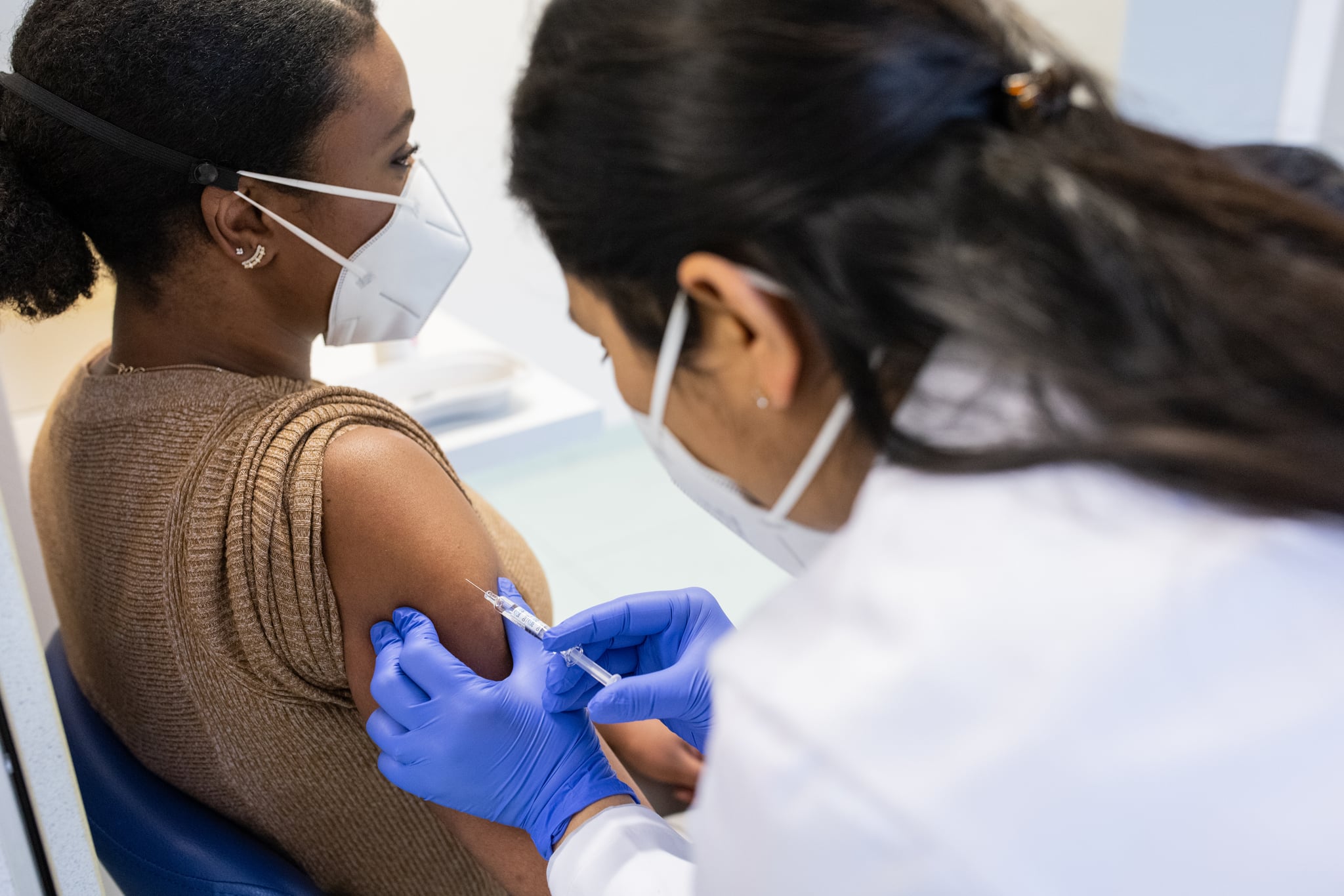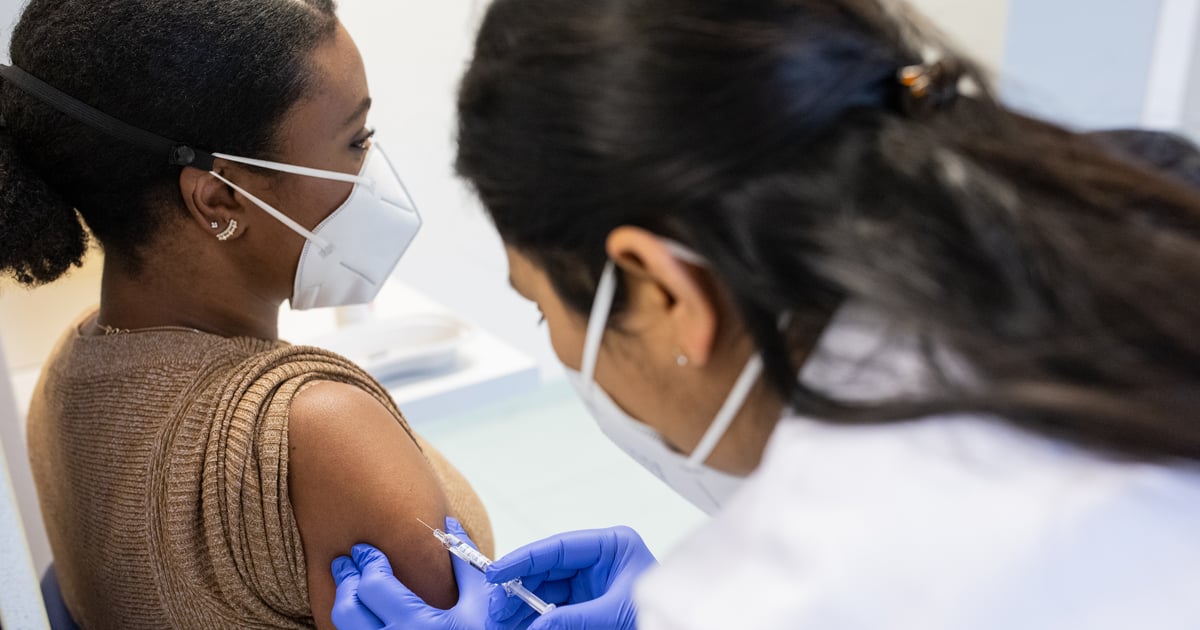
A year after the COVID-19 pandemic began, we’re starting to see a proverbial light at the end of the tunnel. The vaccines began rolling out in December in phases, with groups like healthcare workers, the elderly, and people with high-risk conditions qualifying first. So far, only 12 percent of the US population has been fully vaccinated. Although we have a long way to go to reach herd immunity, more people are getting vaccinated every day, bringing much-needed hope after a difficult year.
I’m one of many young people who qualify for the earliest phases of vaccine distribution. And although you may wonder why I do, I’m under no obligation to share that information with you. No one should feel pressured to air their medical history publicly, especially not on the internet.
My health is no one’s business but my own. I’ve known people who have fought cancer, suffered from PCOS, and dealt with heart conditions all in silence, until one day they felt comfortable disclosing it on their own. Our health is sacred to us because it’s ours. It’s the one thing that we both can and cannot control. What our bodies go through is a private matter, until we choose to share it. Asking about someone’s medical history, no matter how good your intentions, is rude and intrusive.
No one should feel pressured to air their medical history publicly, especially not on the internet.
Fortunately, I have a great circle of friends. When I mentioned that I could get my vaccine sooner rather than later, there were no questions asked. However, I know people in theirs 20s and 30s who have felt pressured to explain why they qualified. They felt the judgement of someone saying, “Why do you get to be vaccinated before my family?”
I know that judgment can feel harsh, but you don’t have to explain yourself to anyone. No one is entitled to knowing the details of your medical history. If you’re young and eligible to get vaccinated now, I encourage you to do so without worrying about what others will think. At the end of the day, you need to take care of yourself — and by protecting yourself against COVID-19, you’re also taking care of your community.
